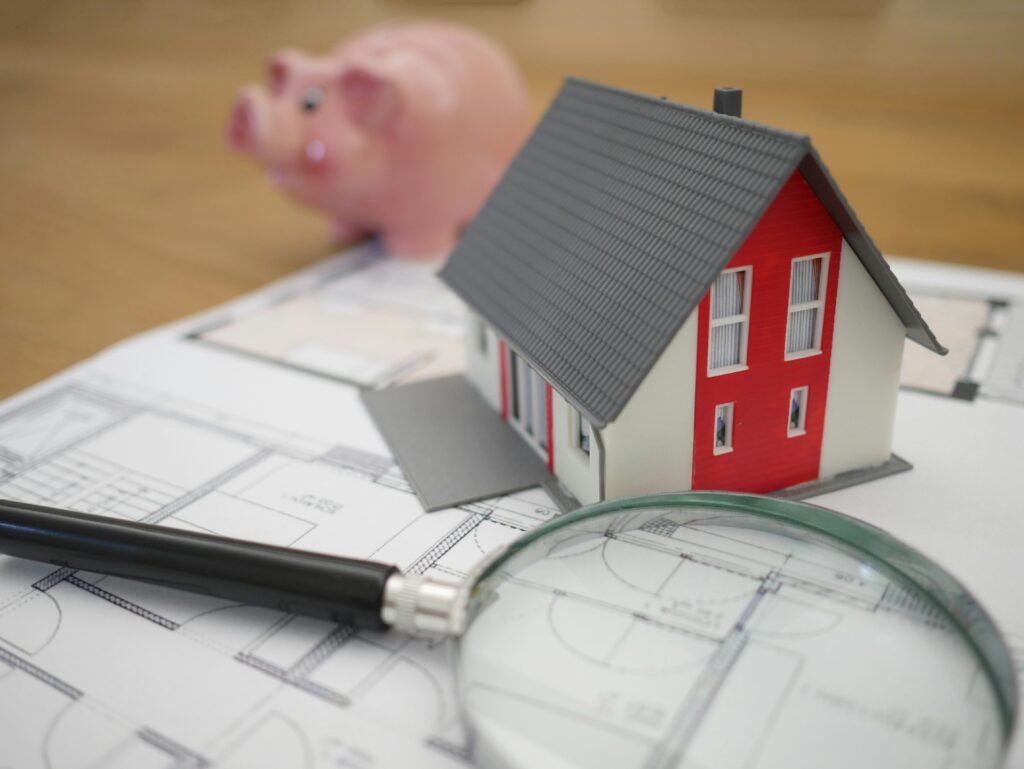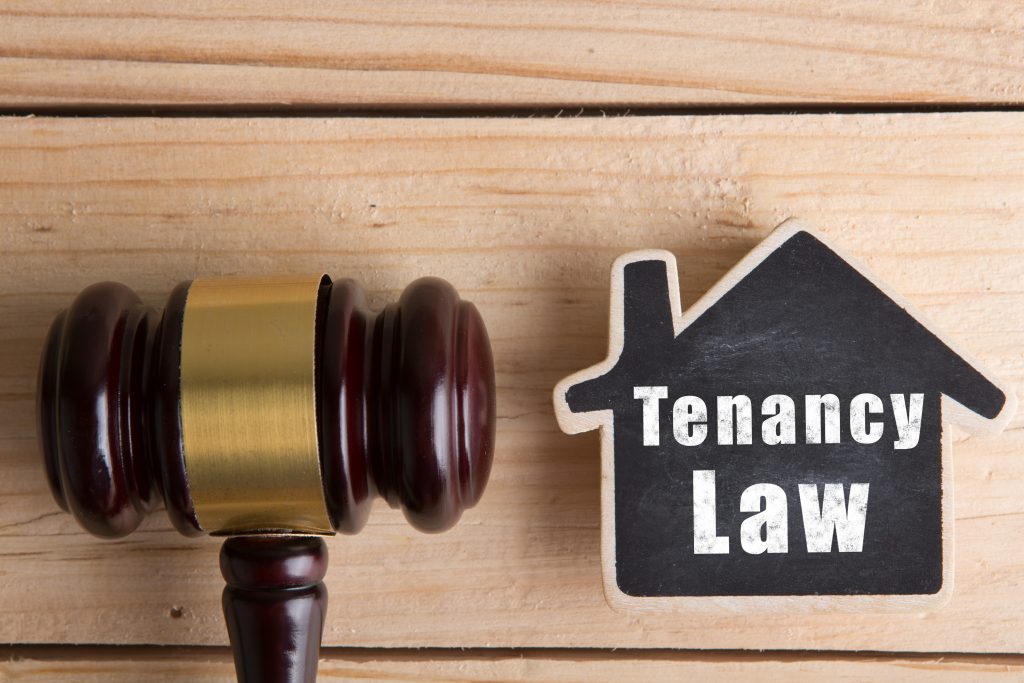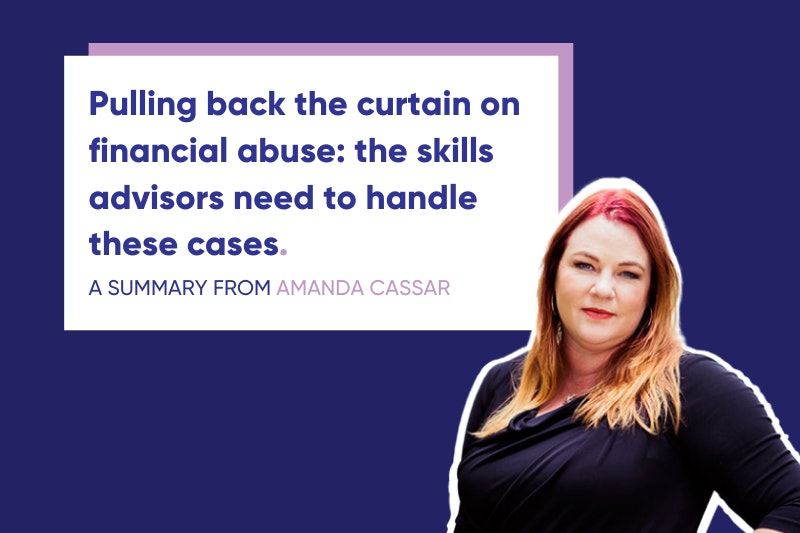How do you save for a house after being hit by the fallout from COVID? Have you been struggling financially with the COVID-19 pandemic? Has the global pandemic affected your income? How’s you financial stress level, not only in your household, but your overall mental health? If so, how can you get back on track after being hit by CoVid?
The markets took a major hit but now it is starting to stabilise as restrictions loosen. It’s never been better timing to look at your financial position.
When is a good time to start saving for a house?
You might say… “But I’m late bloomer when it comes to finances?”
To everyone who is asking the same question, know that you’re not alone. How can you save for a house? We’ve had clients in their 30’s who’s been focusing on saving for home and to be honest, it’s been rough. We’ve heard stories of journey’s full of pitfalls, late-night tears and anxiety. Lamenting and wishing they’d saved more in earlier years.
Despite tumultuous changes in the market, it’s important to find balance. There’s been remarkable shifts not only how people view their personal finances but also how they view money. Have you heard of the ‘money mindset?’
This article isn’t written to make you feel bad about being a late bloomer. It happens, but this time in history is proving to be tricky to navigate when it comes to financial independence and security. Many have utilised this period of time to review their goals. Here’s some lessons learned when finding their feet and getting those house keys. It’s time to fight back after being hit by COVID.
What not to do!
DO NOT put investments on a credit card. In fact, if you can, avoid a credit card altogether, do it.
The idea of a credit card to spend on the things we can’t afford can be tempting. Making sure you understand the risks before you get a card is vital. But what happens when you’re trapped into paying one off? It makes sense that if what you earn goes onto paying off these high-interest rates you will sink deeper into debt regardless. The best thing to do is assess what you have and then see if you can afford paying this debt off even if you did have a home loan. If your priority is saving for a house, then the other items will seem less appealing.
What to do?
Pay off your debt slowly – even if it’s over time. JUST MAKE SURE IT GETS PAID!
Student loans, credit card debts, car loans seem pretty good at the time we borrow the money. But remember that after some time, they actually gain interest. Paying off debt before you buy a house is a little tricky, but not entirely impossible. Implementing automatic direct debit payments will help you pay it on time, every time. And you’ll avoid late fees. Paying off over time is fine, but making sure you do this as quickly as possible is priority! Ask if saving for a house if your biggest priority.
Learn Patience…
Everyone wants everything now but goals take time… be patient!
Our generation struggles with patience. They want everything right now, from iPhones to houses. We decide to risk all of it for what we want. Stop and think,” have I the income to support everything that is coming out of our bank account?” Asking yourself the question of not only “can I afford it” but “can I save 10% on top of” will allow you to stop and think before you buy and invest in something new. Ensuring you have clear goals for your financial plan will put your mind at ease. Taking these measures can assure ways to increase your finances and where to invest. Take time to contribute and invest in your superannuation fund and don’t spend so easily when you have the money available.
If you are going to buy a house, know all of the pros and cons.
Home loans and investment properties can be frustrating at first glance. You need to know how much you have saved for the portion of your investment as well as the 10-20% saved before you make the purchase. Savings, purchase costs and home loans can be a balancing act and it pays to speak to someone who understands not only the market but how much financially you may need to reach your goal.
Seek the advice of a qualified Financial Advisor
Finding a financial planner to work with is important. They not only help you with your financial mindset but also look at your roadmap of how, what, when, where and why on all areas of investment. And even right up to retirement. Understanding the broader picture will help to move forward and succeed with your specific goals.
Everyone has different journey’s and pathways to travel. But, if you can invest in the bigger things earlier whilst increasing your savings you will be better off further down the track. Is it time you started saving for house now?
So, if you are a ‘late bloomer’ it’s ok, we can help you plan for your future with a view to getting you where you need to be. To meet with your Gold Coast financial planners, Amanda Cassar and Mitch Cassar, reach out. To schedule an online appointment, click here.




 October 26, 2020
October 26, 2020 




















